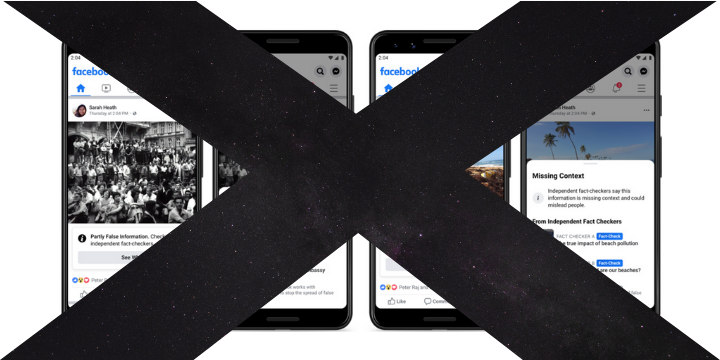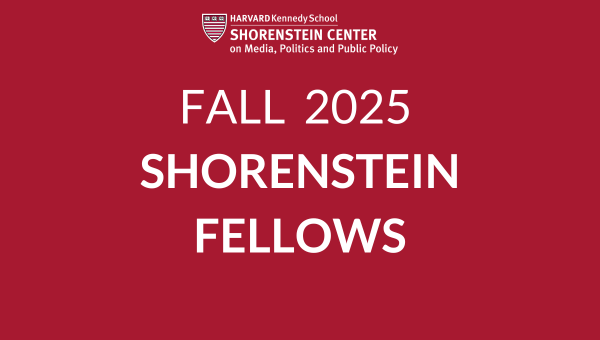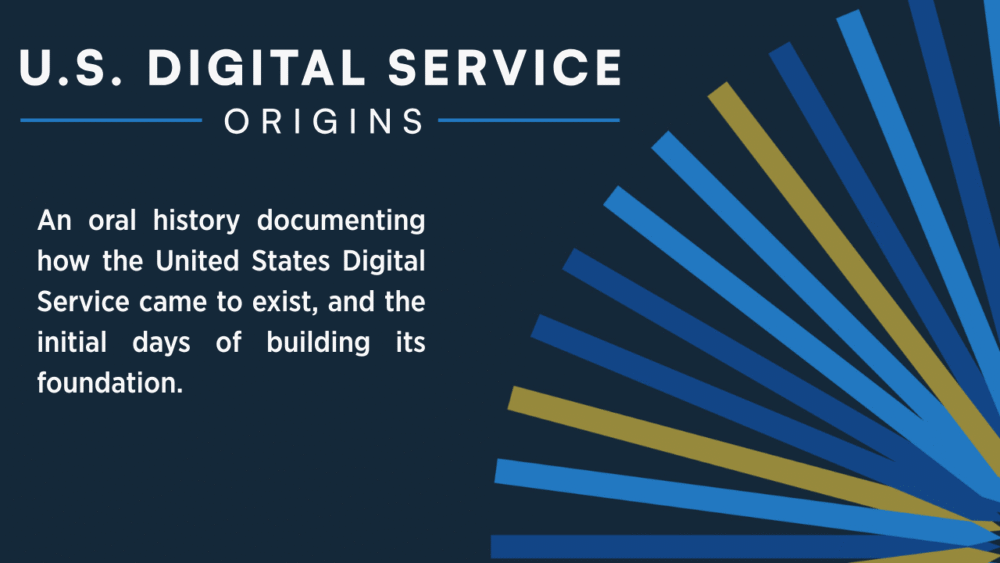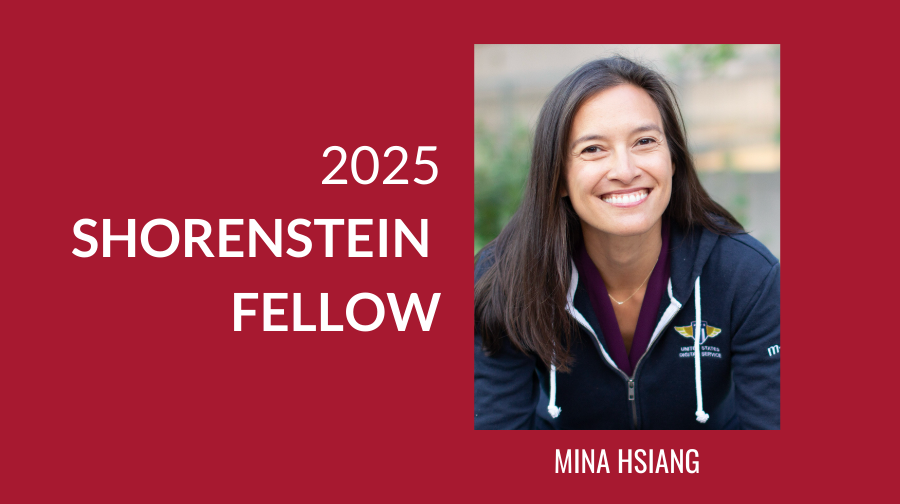
Reports & Papers
Machines of Truth and Distortion – A Citizen’s Call to Action: Preparing America for the AI Flood
Focus Areas
Unpacking how emerging technologies are transforming the creation, distribution, and impact of public interest media and civic information.
The Shorenstein Center’s work on emerging technologies examines how innovations such as artificial intelligence, algorithms, and civic tech are reshaping the ways people engage with essential information—from creation and distribution to audience consumption and societal impact. We study the potential for AI and algorithmic tools to improve governance and policymaking, as well as their complex implications for transparency, accountability, and equity in public decision-making. Our research investigates how civic technologies are being harnessed to implement policy and foster public engagement, while also critiquing the challenges posed by tech platforms whose algorithms can hinder the reach of independent and public interest media. Additionally, we analyze how advances in technology have accelerated the flow and amplification of misinformation and disinformation, raising urgent questions about trust, verification, and the resilience of our information environment. Through interdisciplinary inquiry and dialogue, we aim to illuminate the opportunities and risks presented by emerging technologies for a more informed, equitable, and democratic society.

Reports & Papers

Commentary

Commentary

Center News

Center News

Center News
The Shorenstein Center researches media, audience, and influence through a range of lenses and disciplines.